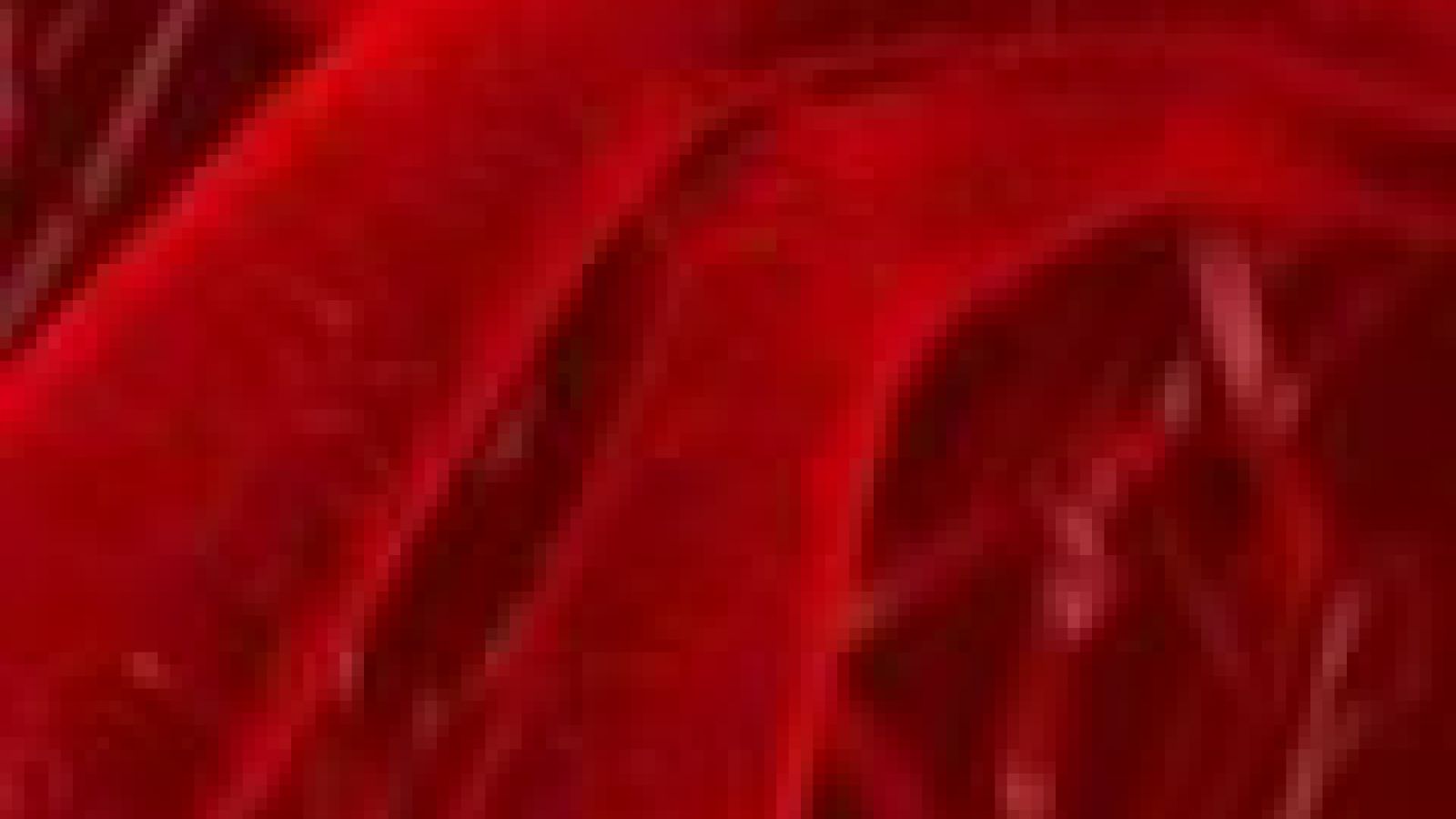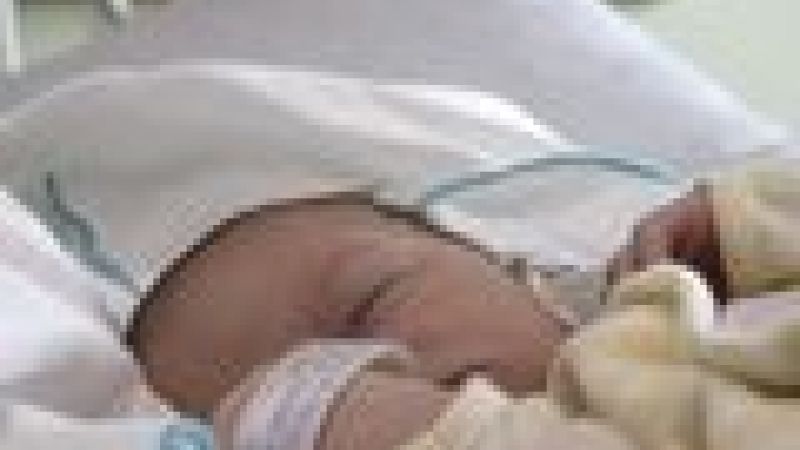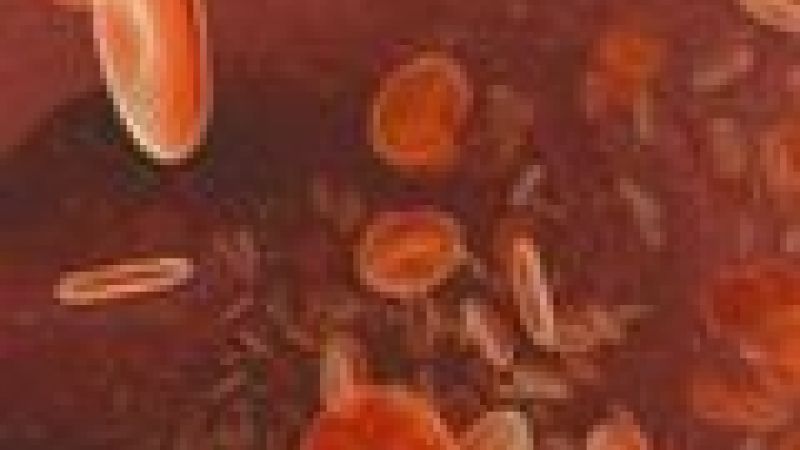
Text to go here...
 Artificial blood vessels for use in heart bypass surgery have been successfully tested in baboons and dogs.
Artificial blood vessels for use in heart bypass surgery have been successfully tested in baboons and dogs.
The artificial vessels were made using smooth muscle cells grown on tubular scaffolding. As the smooth muscle cells grow they secrete collagen, an important structural protein found in the walls of blood vessels. The artificial vessels can be stored for up to a year, making them readily available, and can be used by any patient. Researchers can already grow blood vessels using a patient's own cells, but the process takes several months and so this is usually too long to wait before surgery.
The number of heart bypass operations in the UK is more than 28,000 per year. Surgery is needed to 'bypass' the blocked arteries which bring oxygen to the heart muscle. Coronary heart disease is the UK's biggest killer.
Usually blood vessels taken from another part of the patient's body are used to bypass the blocked arteries. But sometimes it's not possible to use a patient's own blood vessels and a synthetic one is used instead. However, these can easily become clogged as aresult of immune responses.
The new artificial vessels do not have this problem. After six months use in dogs and monkeys there was no evidence of clogging or thickening, suggesting they could be used for long term transplantation. Moreover, the blood vessels were able to change shape in response to blood flow and were colonised by cells from the patient's own body that make up natural blood vessels.
Producing the artificial blood vessels has several stages. A few weeks after the artificial blood vessels are grown the scaffolding degrades, leaving the collagen and smooth muscle behind. However, this can't be transplanted into patients if it contains 'foreign' smooth muscle cells because it would cause an immune reaction.
To overcome this, researchers washed away the smooth muscle with detergent. This leaves behind only the supportive collagen tube, which can't cause an immune reaction. The resulting blood vessel can be used by any patient, removing the need for custom made vessels.
The same method could potentially be used to construct other bodily tissue, such as skin, ligaments or cartilage. In these tissues it is the structure, not the cells, that is most important. It is hoped human trials will begin using the artificial blood vessels next year.
Last edited: 11 January 2022 10:59



